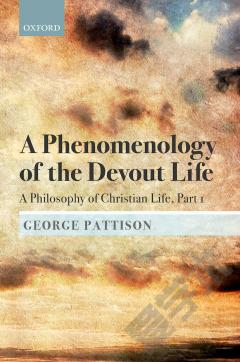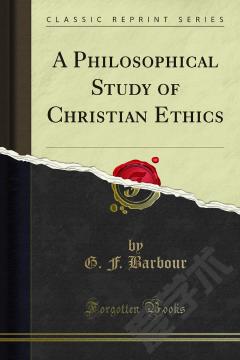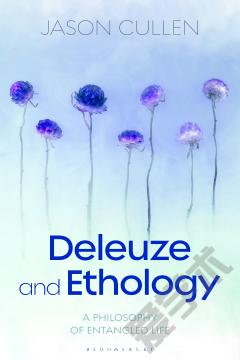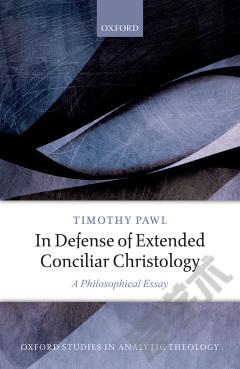A Phenomenology of the Devout Life —— A Philosophy of Christian Life, Part I
----- 虔诚生活的现象:基督徒的生活哲学,第一部分
A Phenomenology of the Devout Life offers a phenomenological approach to the kind of Christian spirituality set out in Francoise de Sales' Introduction to the Devout Life but with parallels in other movements in both Protestant and Catholic spirituality. Situating the subject in relation to contemporary philosophical discussions of selfhood, the book arrives at a view of the devout self as essentially motivated by an affective orientation towards God that, via the experience of temptation and the practice of humility, subordinates reason to love and ends with self-annihilation. In this annihilated condition it becomes capable of a pure love of God, devoid of self-interest, willing only what God wills. These themes of pure love and nothingness are explored with particular reference to the writings of Archbishop Fenelon. Although this may suggest that the devout life is a kind of mysticism, it is argued that as a programme for practical life in the world it is distinct from experientially-oriented kinds of mysticism, though sharing the ideal of union with God. As the first of a three-part Philosophy of Christian Life, the book ends by questioning what it could mean to insist that the source of the affective lure of devotion is God.
{{comment.content}}








 京公网安备 11010802027623号
京公网安备 11010802027623号